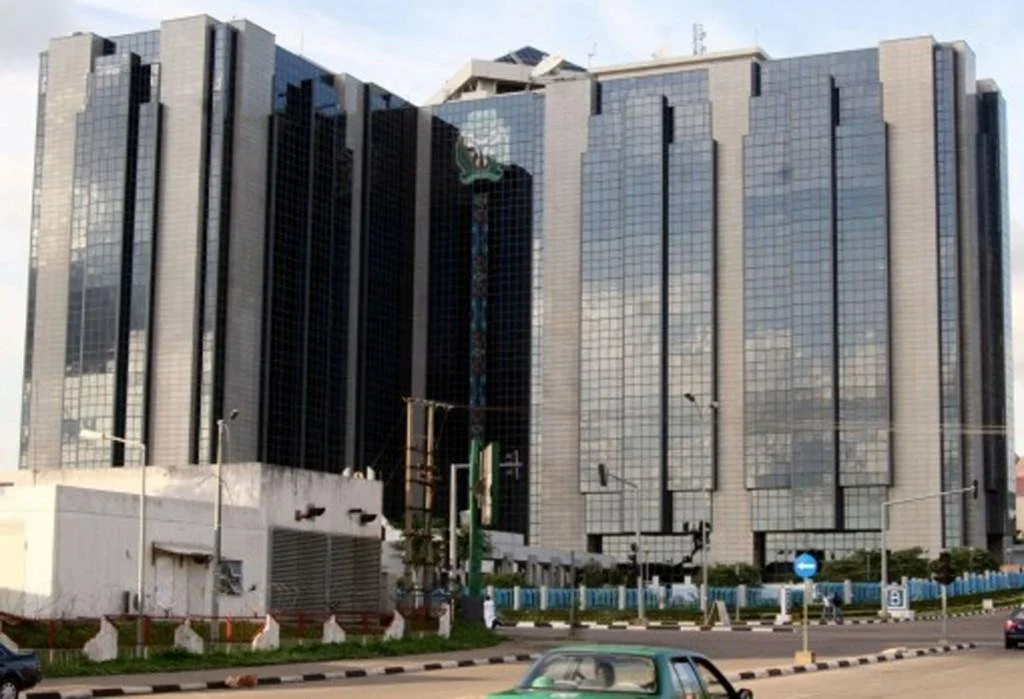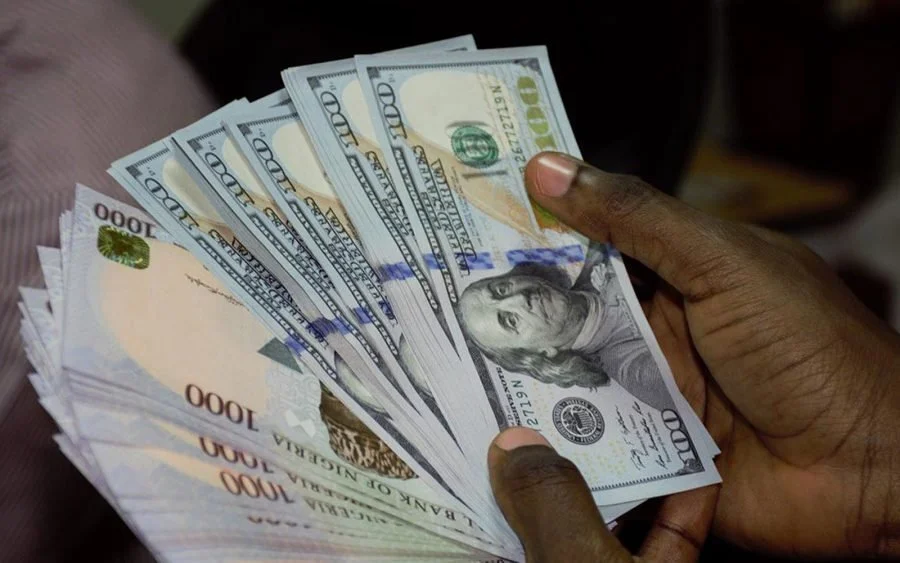Nigerian Businesses on the Brink of Legal Action Against Banks
In the labyrinthine world of Nigeria's financial sector, a storm is brewing as businesses, united under the banner of the Organised Private Sector of Nigeria (OPSN), contemplate taking legal action against commercial banks. At the heart of this conflict lies a protracted battle over unresolved forex requests, raising questions about transparency, accountability, and the efficacy of regulatory oversight.
For months, Nigerian businesses have grappled with the frustration of forex requests languishing in a bureaucratic quagmire. Despite assurances from the Central Bank of Nigeria (CBN) regarding the clearance of valid forex backlogs, businesses remain mired in uncertainty as funds remain trapped within the labyrinthine corridors of banking institutions. The OPSN's call for legal action underscores the deep-seated frustration and disenchantment with the status quo.
While the CBN's recent claims of clearing all valid forex backlogs may paint a rosy picture, OPSN members vehemently dispute these assertions. They argue that the reality on the ground tells a different story—one marred by opacity, arbitrary rejections, and a lack of recourse for affected businesses. The opacity surrounding the criteria used to determine the validity of forex requests has only served to exacerbate tensions, fueling the flames of discontent within the private sector.
The voices of dissent within the OPSN reverberate with a sense of urgency and indignation. Businesses, weary of being ensnared in a bureaucratic quagmire, are left with little choice but to explore legal avenues to compel action from commercial banks and regulatory authorities. The threat of litigation serves as a clarion call for accountability and transparency, demanding swift action to address the systemic challenges plaguing Nigeria's forex ecosystem.
Against the backdrop of mounting frustrations, businesses are left grappling with the specter of uncertainty. The recent stakeholder meetings convened by the Ministry of Industry Trade and Investment, while a step in the right direction, have yet to yield tangible solutions. As businesses teeter on the precipice of legal action, the onus falls squarely on regulatory authorities to heed their grievances and chart a course towards resolution.
The impasse surrounding forex backlog payments serves as a stark reminder of the urgent need for reform within Nigeria's financial sector. Transparent and accountable governance structures are essential to restoring confidence and fostering a conducive environment for business growth and investment. As businesses navigate the treacherous waters of economic uncertainty, the time for decisive action is now.
In the quest for resolution, stakeholders must heed the clarion call for dialogue, transparency, and collaboration. Direct engagement between the CBN, commercial banks, and affected businesses is paramount to untangling the web of complexities surrounding forex backlog payments. Only through concerted efforts can Nigeria's financial ecosystem be fortified against future shocks, ensuring a more equitable and resilient economic landscape for all.
As Nigerian businesses stand on the cusp of legal action, the forex saga serves as a sobering reminder of the challenges inherent in navigating the country's financial terrain. Yet, amidst the turmoil, there lies an opportunity for transformation—a chance to dismantle barriers, foster transparency, and usher in a new era of economic prosperity. It is a call to action—one that demands collective resolve and unwavering commitment to forging a path towards a brighter, more prosperous future for all.







